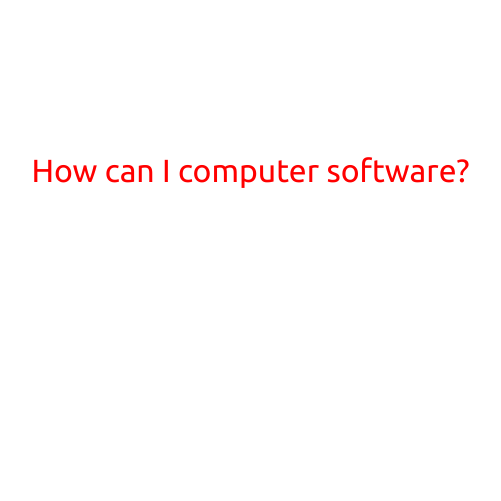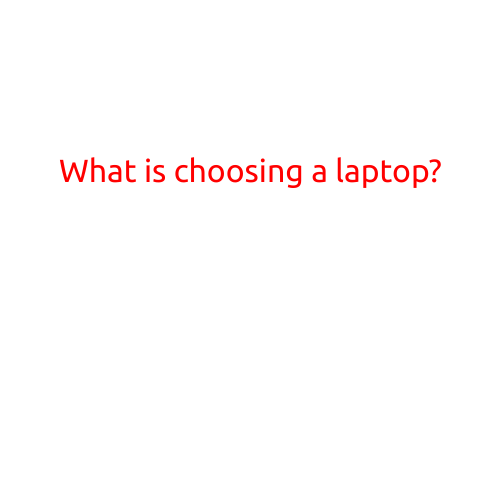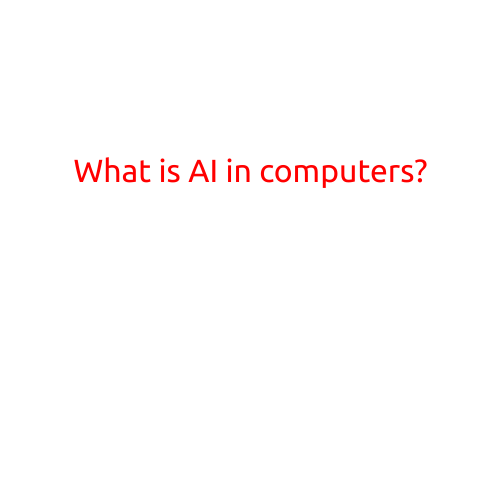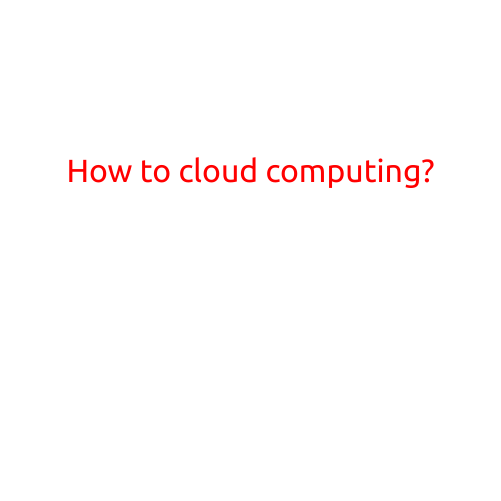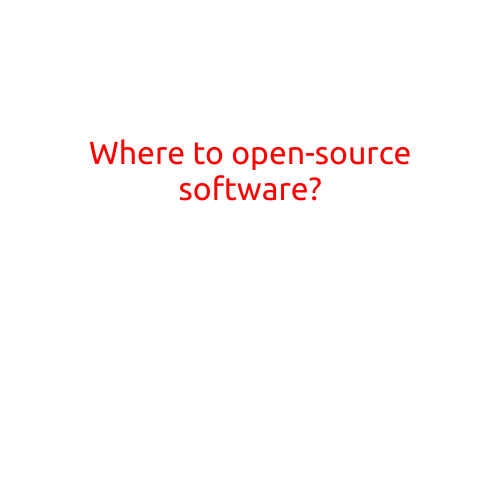
Who Invented Operating Systems?
Operating systems (OS) are the backbone of modern computing, managing computer hardware resources and providing a platform for running applications. From humble beginnings to the sophisticated systems we use today, the history of operating systems is a fascinating story of innovation and competition.
Early Beginnings
The concept of an operating system dates back to the early days of computing, when computers were large and cumbersome. In the 1940s and 1950s, computers were programmed using machine language, which required a deep understanding of the computer’s internal workings. This led to the development of simple operating systems, such as Bootstrap Periscope (1950) and Atlas (1958), which allowed programmers to run multiple programs simultaneously.
The Birth of Modern Operating Systems
The modern operating system, as we know it today, emerged in the 1960s with the development of Mainframe operating systems. These early systems, such as IBM’s System/360 (1964) and DEC’s PDP-10 (1966), were designed to manage large computers and provide a platform for running batch processing workloads.
Personal Computing and Microsoft
The personal computer revolution of the 1970s and 1980s brought about a new wave of operating system development. Apple’s Steve Jobs and Steve Wozniak developed the Apple II (1977), which used a simple operating system called Apple DOS. Meanwhile, Microsoft’s Bill Gates and Paul Allen created the first version of MS-DOS (1981), which became the industry standard for personal computers.
Graphical User Interfaces (GUIs) and Windows
The introduction of Graphical User Interfaces (GUIs) in the 1980s transformed the operating system landscape. Apple’s Macintosh (1984) and Microsoft’s Windows (1985) popularized the GUI, making computers more accessible to the masses.
Linux and Open-Source Operating Systems
In the 1990s, the rise of open-source software led to the development of Linux, a free and open-source operating system created by Linus Torvalds (1991). Linux has since become a popular alternative to proprietary operating systems, powering servers, supercomputers, and embedded devices.
Mobile Operating Systems
The proliferation of mobile devices in the 2000s gave birth to a new generation of operating systems, including Google’s Android (2008) and Apple’s iOS (2007). These mobile operating systems have become integral to modern computing, enabling users to access a wide range of applications and services on-the-go.
Conclusion
The story of operating system development is a testament to human innovation and the pursuit of improved computing technologies. From humble beginnings to the sophisticated systems we use today, the journey of operating system evolution has been shaped by visionaries, entrepreneurs, and dedicated engineers. Who knows what the future holds for operating systems?

